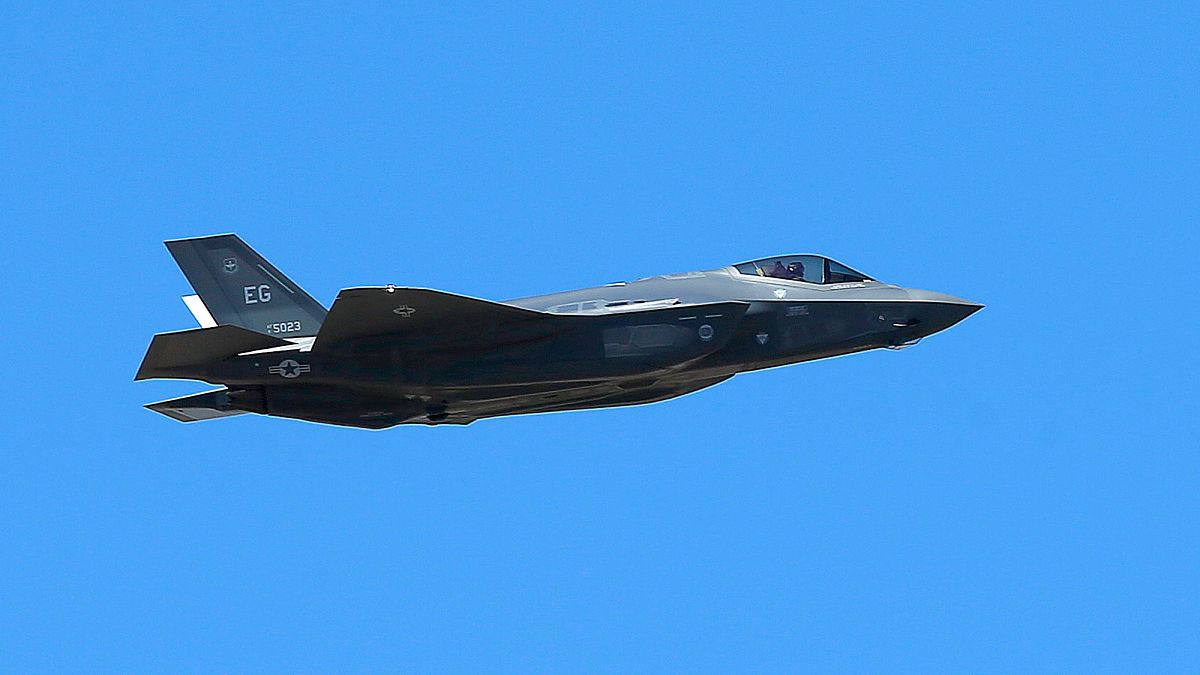

In recent days, the global security landscape has been shaped by a series of significant events, each contributing to the continuous evolution of international relations and military strategies. As countries navigate these complexities, a calm and collected assessment provides clarity amid the unfolding scenarios.
Firstly, the United Kingdom has made a strategic decision to augment its defense capabilities by procuring 12 F-35A fighter jets from the United States. These aircraft are not only advanced in their technology but are also capable of carrying nuclear weapons. This move is set to bolster the UK’s nuclear deterrent strategy, which previously depended solely on its fleet of nuclear-armed submarines. This procurement signals a shift towards diversifying and modernizing its defense apparatus, presenting a balanced response to the needs of contemporary military operations.
On a different note, recent intelligence assessments from the United States have adjusted the narrative surrounding previous airstrikes on Iran. Contrary to earlier claims of significant destruction, a US intelligence report suggests that these strikes only delayed Iran’s nuclear program by a few months. This revelation offers a nuanced perspective on military interventions and their long-term efficacy, encouraging dialogue and strategic thinking about sustainable solutions to nuclear proliferation.
Meanwhile, attention has been drawn to Ukraine, where an alarming series of airstrikes has resulted in the tragic loss of 18 lives. These events coincided with President Volodymyr Zelenskyy’s engagement with Western allies at a NATO summit, highlighting the persistent challenges faced by Ukraine amidst ongoing tensions. The future of military support from the US remains under uncertainty as existing commitments near their end, underscoring a critical juncture in international military support and alliances.
In Sudan, a deeply concerning humanitarian crisis continues to unfold amidst a civil war, with the World Health Organization reporting a tragic attack on a hospital in West Kordofan. This incident, which claimed more than 40 civilian lives, including children and health workers, accentuates the grave consequences of ongoing regional conflicts. It serves as a poignant reminder of the need for humanitarian mindfulness and urgent international assistance to alleviate human suffering.
Turning to the Middle East, a fragile truce between Israel and Iran appears to be holding after initial violations prompted US President Trump to intervene directly by communicating with Israeli leadership. While the truce brings a temporary reprieve, the underlying tensions remain, and the situation underscores the delicate nature of peace processes and diplomatic engagement in the region.
Collectively, these developments reflect a world in flux, where each event interweaves with broader geopolitical trends. As nations stride towards resolving disputes and achieving security objectives, a reflective and informed approach remains essential in navigating the path forward with stability and cooperation.
Source: {link}
